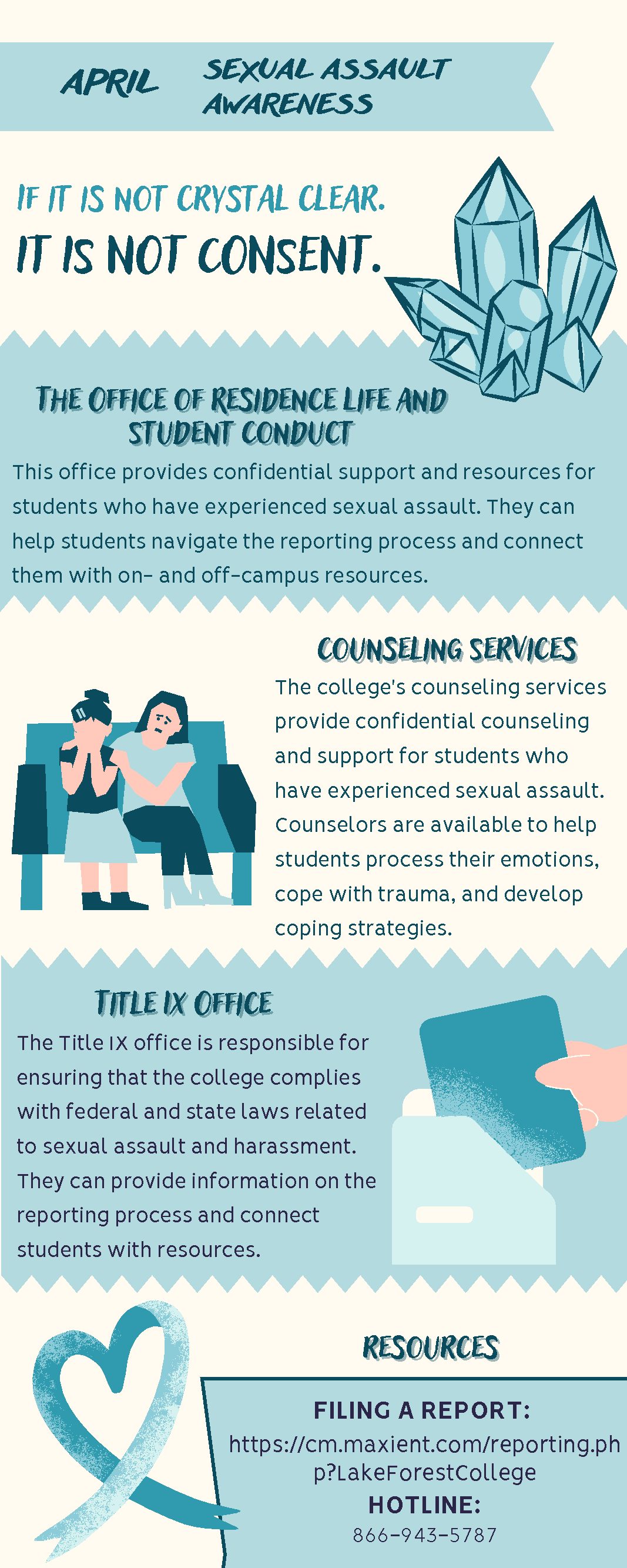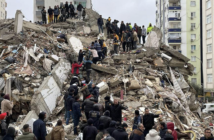By Arielle Van Deraa ’21
Digital Editor
As the Chicago Sun-Times staff who covered the Illinois Primary Election on March 17 noted, “it was an unprecedented Election Day in Illinois—with delayed results, missing election judges, dwindling supplies of hand sanitizer and bickering over whether the state should even hold its primary during a global health pandemic.”
On Monday, March 16, the federal government published a new set of guidelines urging Americans not to congregate in groups of more than 10. The next day was the Illinois primary election. Voters turned out wearing gloves and masks, and many brought their own pens.
While officials insisted that proper precautions would be taken to prevent the spread of COVID-19, experiences at some polling sites were often worrisome for voters, including Lake Forest College students who turned out to vote.
“People were standing very far apart in line as they waited to receive paper and electronic ballots,” said Sarah Coffman ’21. “I used the electronic machine to vote and they were not cleaning them between uses, so I don’t think they were taking the right precautions. They did have hand sanitizer on every table, but [it] was not enough to make me feel safe.”
In light of COVID-19, 14 states have either postponed their elections or switched to voting by mail exclusively, including Ohio, which was scheduled to hold their primary on the same day as Illinois. Advocates of holding the election as scheduled said that postponing would risk disenfranchising voters. Illinois Governor J.B. Pritzker was insistent that postponing was a poor idea, even as he banned gatherings of 50 or more people and restricted restaurants to take-out and delivery only. “We have to have our elections continue, in my opinion. This is the right thing to do,” Pritzker said. “Our democracy needs to go on, we need to elect leaders. If we canceled these elections, you know, when would you have an election, would be a question I might ask. But the most important thing is that we’re taking every precaution.”
As of Monday, March 16, more than 504,000 early votes had been cast and more than 294,000 mail-in ballots had been sent to voters statewide—figures that eclipsed the 2016 primary numbers (400,000 and 160,000, respectively) and were likely to set new records, according to Illinois election officials.
“Much of the voting for this election already has been done. Also, at this point there is no date in the foreseeable future when we can expect greater safety with any certainty,” Illinois State Board of Elections spokesman Matt Dietrich said in a statement.
However, despite Pritzker’s decision to hold the primary election as scheduled, turnout on Election Day was at a record low in Illinois. In Chicago, turnout was estimated to be at about 35 percent, a significant drop from 53 percent in 2016. Critics cite this low turnout rate as one example of why the election should have been postponed.
“I understand that it is not easy to postpone,” said Alexis Heredia ’22. “But other states had the ability to do so … and Governor Pritzker should have followed suit [by] taking the right precautions.” Agreeing with Heredia, Allie Caskey ’22 stated, “I 100 percent think elections should have been postponed. Many didn’t come out or those that did come out put others at risk.”
Additionally, there was a shortage of election judges due to concerns about COVID-19. Cook County Board President Toni Preckwinkle noted that the county usually has about 8,000 election judges signed up to staff polling places in suburban Cook County for a presidential primary, but as of Monday morning, the county had only 5,600, because many regular judges had called off due to coronavirus concerns. This shortage led the county to waive normal training requirements for election judges and offer to swear volunteers in “on the spot.” Preckwinkle further noted, “elections are the heart of our democracy, and I would encourage people to vote first and foremost and to volunteer if they’re able to be judges.”
Despite these challenges, Democratic front runner and former Vice President Joe Biden won Illinois with 924,771 votes, while Vermont Senator Bernie Sanders received 565,762 votes. In the Republican primary, President Donald Trump received 510,662 votes, while challenger Rocky De La Fuente received 21,044 votes.



